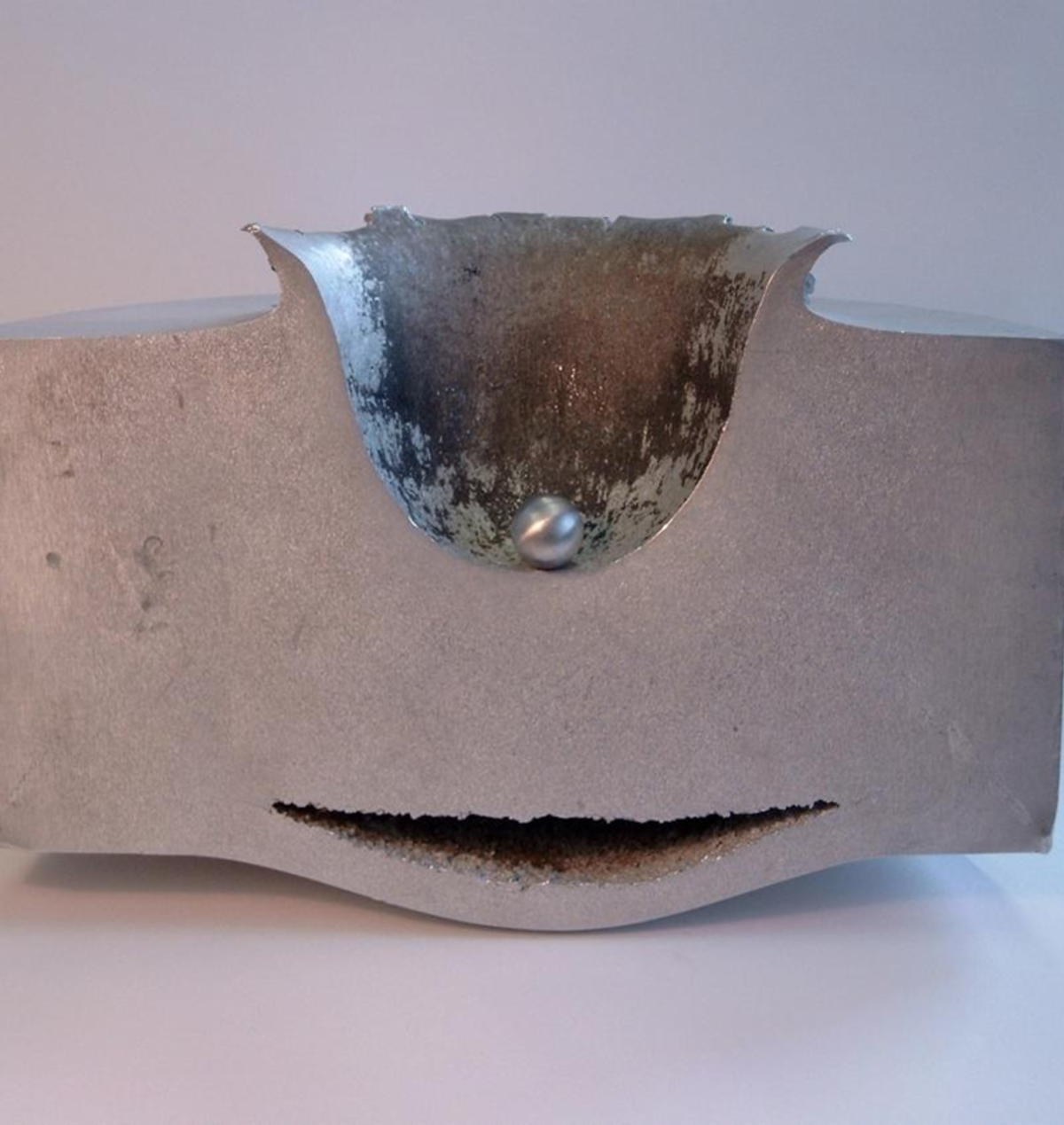Stevens Institute of Technology’s Hao Chen Assists NASA in Space Debris Cleanup Initiatives
The U.S. military recently added Space Force as an official branch of the Armed Forces. Billionaires Jeff Bezos (Blue Origin) and Elon Musk (SpaceX) are privatizing space travel. And the last two presidential administrations have expressed renewed interest in NASA space missions to the moon and beyond.
Indeed, space travel is returning to a level of public popularity not seen in the U.S. in half a century. But there’s a burgeoning problem building in our orbit. Humanity hasn’t stopped operating in space. Abandoned rockets, discarded equipment and satellites have been circling the planet for decades. And they’re leaving debris in their wakes.
NASA estimates that there is approximately 10,000 metric tons of debris orbiting Earth. If left unchecked, this space junk can endanger spacecraft, restrict access to space and even interfere with satellites and affect our life on the ground.
Fortunately, Hao Chen, assistant professor in Stevens’ School of Systems and Enterprises, is working with NASA to address the issue. Chen received a six-figure grant from NASA last summer titled “Space Logistics Analysis and Incentive Design for Commercialization of Orbital Debris Remediation.” Chen also will become vice chair of the AIAA (American Institute of Aeronautics and Astronautics) Space Logistics Technical Committee in May 2024.
Chen is addressing two essential research questions: Why hasn’t an active orbital debris remediation market been established yet? And what kind of incentive mechanism is needed to stimulate commercial participation in orbital debris remediation?
“We would like to understand the commercialization barriers for orbital debris remediation,” said Chen. “We will establish a framework based on space logistics and game theory to find possible solutions for enabling the successful commercialization of orbital debris remediation.”
Chen’s work with NASA’s Office of Technology, Policy, and Strategy (OTPS) is particularly exciting considering his lifelong interest in space. Chen directs the Complex Engineering Systems Lab at Stevens. The lab focuses on space systems and complex system design. His work in the lab aims to significantly improve space mission affordability, comfortability and reliability.
“Enabling sustained human presence outside of Earth has been my dream since childhood,” said Chen. “The desire and curiosity of humanity’s future helps shape my research portfolio in space logistics, space resource utilization, space commercialization and human behaviors in space.”
Chen is currently midway through the project and in the process of developing a space logistics model to determine the accurate cost and benefit of removing any single piece of debris given its altitude and inclination. Following that step, Chen plans to use game theory to integrate a cost-and-benefit framework to analyze potential incentive mechanisms to remove debris. He aims to complete this work by the end of 2024.
With satellites occupying more and more physical space in orbit and its amplified importance in our daily routines, the risk of satellite collisions and ground interruptions is only increasing.
“If a collision happens, we may lose the satellite. The actual cost differs a lot depending on whether it is a human spaceflight, civil science, commercial, governmental or military mission,” said Chen. “As a reference, we generally assume the baseline costs to be $100 per warning, $1,000 per maneuver and $100 million per collision in our project. Now, satellite operators may receive warnings for debris from one to many hundred per day per satellite depending on the orbits. If we keep space debris unchecked, then the probability of warning, maneuver and collision will increase rapidly.”
Chen’s work furthers the critical work being done at Stevens to address the issue of space debris. Stevens researchers have also analyzed using artificial intelligence to avoid collisions in space.
The bottom line is human activity in space is increasing, and so is the risk of human and economic loss as a result. Fortunately, Chen and the other bright minds at Stevens are working with their counterparts at NASA to take on the challenge.
In a July 2023 news release about Chen’s grant with the agency, NASA said the following:
“We need to ensure that not just Earth-orbit, but cislunar space is sustainable and available to future generations,” said Bhavya Lal, associate administrator for NASA’s Office of Technology, Policy, and Strategy (NASA OTPS) at the agency’s headquarters in Washington. “Maintaining our ability to use space is critical to our economy, our national security and our nation’s science and technology enterprise. This research will help lay the groundwork for understanding and addressing this challenge. It will also expand the space debris and space sustainability community of practice in academia, industry and beyond, so necessary to nurture innovative, low-cost solutions.”


